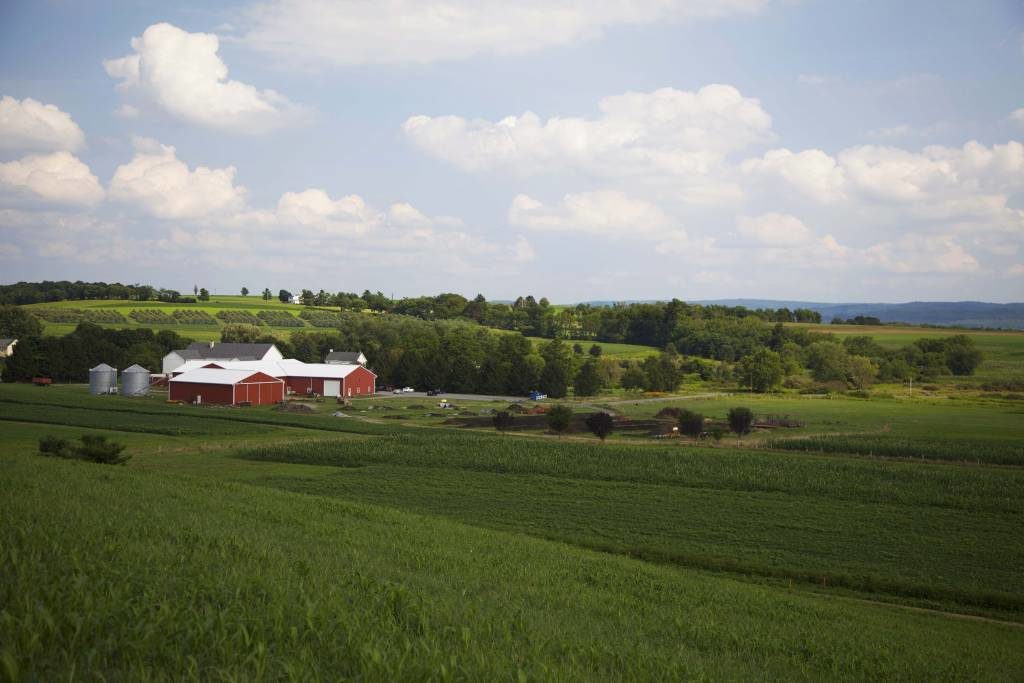The white paper, titled “Regenerative Agriculture and the Soil Carbon Solution,” makes the case for regenerative agriculture as a tool to combat the climate crisis. The paper builds on claims made byRodaleInstitute in the 2014 white paper“Regenerative Organic Agriculture and Climate Change: A Down-to-Earth Solution to Global Warming.”The latest paper integrates the most recent research data while providing actionable steps for consumers, policymakers, farmers, and more, according to a press release.
Key findings, as outlined in the release:
- The combined shift of both crop and pasture management globally to regenerative systems could drawdown more than 100% of annual CO2 emissions, pulling carbon from the atmosphere and storing it in the soil.
- With appropriate grazing management, livestock can increase carbon sequestered in the soil that more than offsets their greenhouse gas emissions.
- Crop yields in regenerative systems outcompete conventional yields for almost all food crops, which the institute says proves that regenerative can feed the world while stabilizing the climate, regenerating ecosystems, restoring biodiversity, and enhancing rural communities.
- Eaters, farmers, and policymakers can help fight the climate crisis by:
- Supporting and implementing regenerative practices
- Encouraging adoption of regenerative systems by peers and governments
- Divesting from systems that destroy soil health
Related: Regenerative Agriculture in the Age of COVID-19 & Beyond #NaturallyInformed: Saving the Planet, Soil First #NaturallyInformed: From Farm to Conference
Available for download atRodaleInstitute.org/For More on Regenerative Agriculture
Watch Newmark's keynote presentation, as well as a panel discussion featuring Rodale Institute's Diana Martin, at Driving Value Through Sustainability Across the Supply Chain, available on demand.










